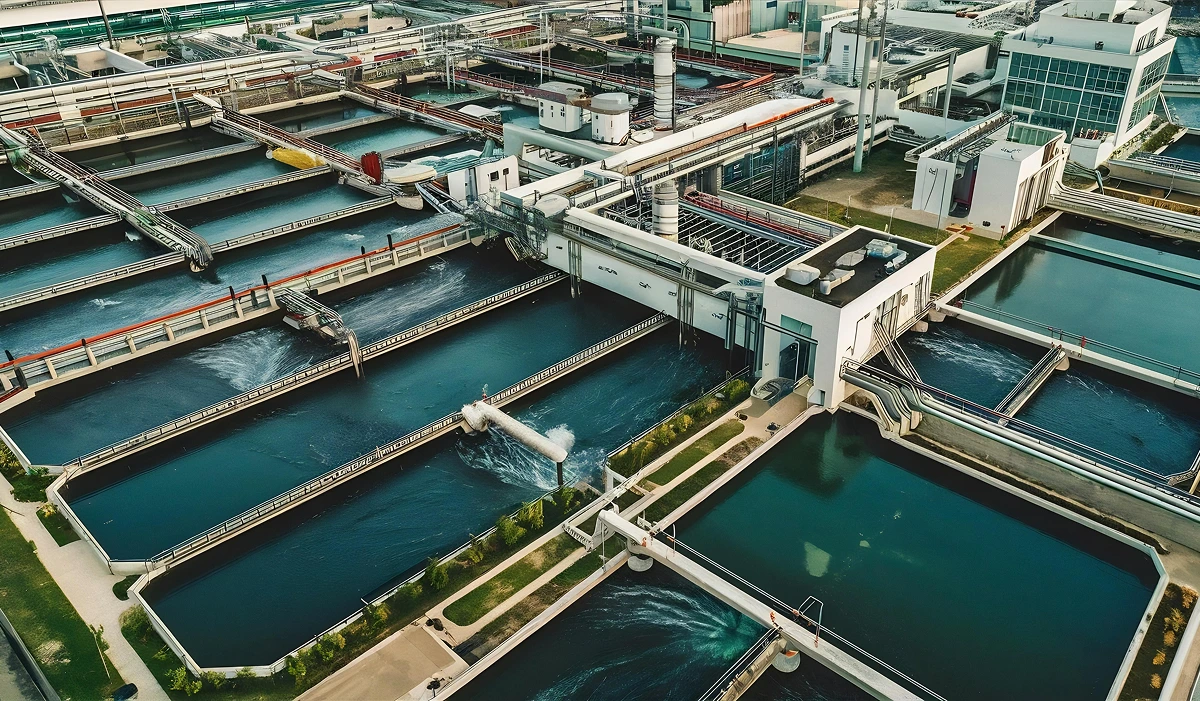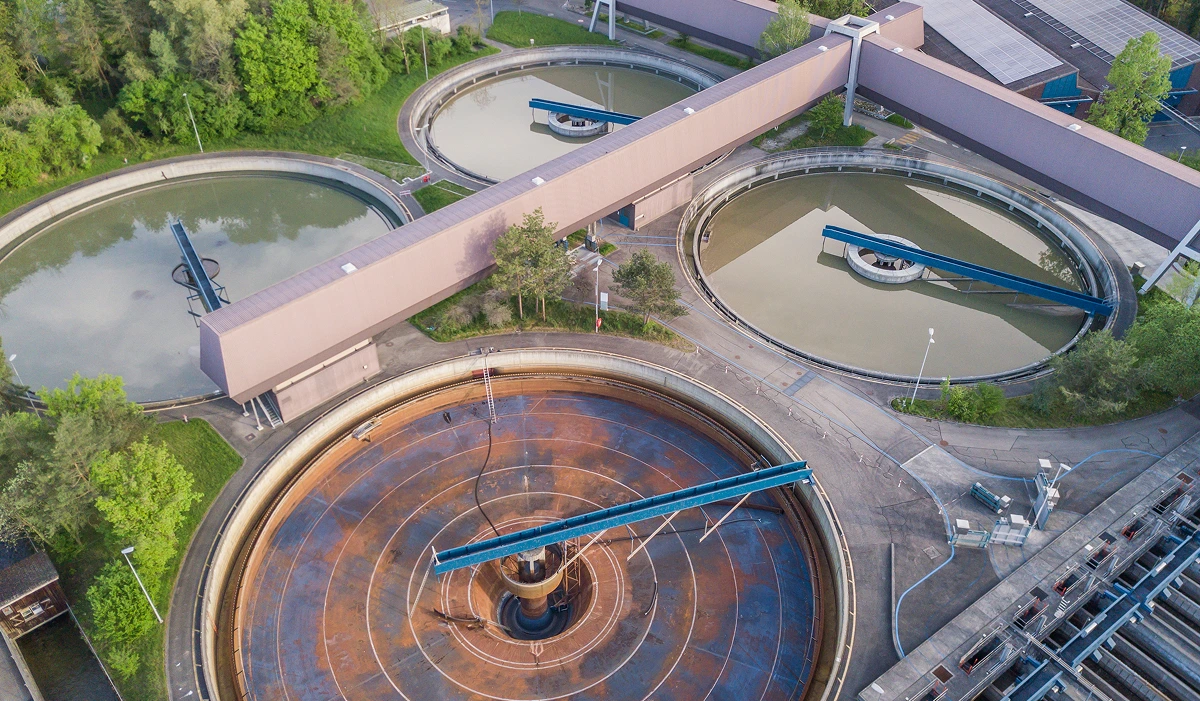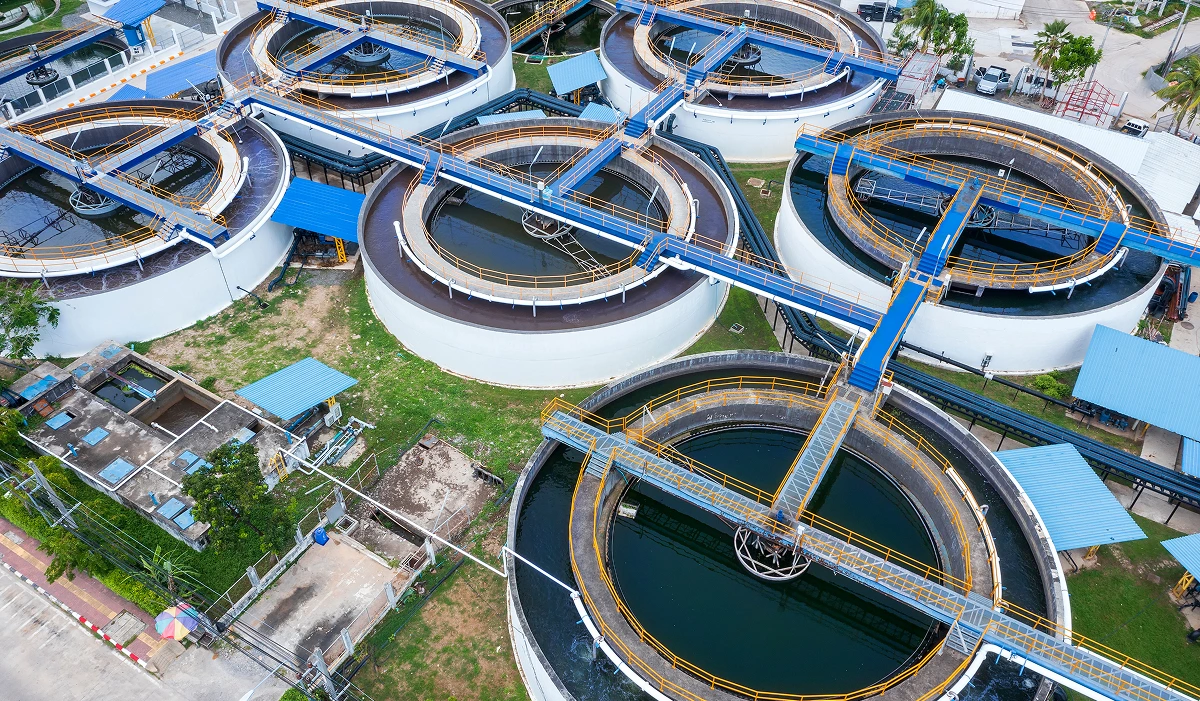Clean Neer – Experts in water & wastewater treatment solutions for sustainable and efficient water…

Sewage treatment plants (STPs) are essential for modern society. With growing industrialization and urbanization, managing wastewater has become a critical environmental concern. STPs not only protect the environment but also enable water reuse, conserve resources, and support public health.
At Clean Neer, we specialize in industrial & wastewater treatment solutions, ensuring sustainable, efficient, and regulatory-compliant operations for various industries.
What is a Sewage Treatment Plant (STP)?
A sewage treatment plant (STP) is a facility that removes contaminants, pathogens, and impurities from wastewater before it is discharged into the environment or reused. STPs are vital for both municipal and industrial water management.
Key Highlights
- Treats wastewater from homes, businesses, and industries.
- Ensures compliance with environmental regulations.
- Provides safe water for reuse in irrigation, industrial processes, and other applications.
Role in Industrial & Waste Water Treatment: STPs are a cornerstone of industrial & waste water treatment, helping industries manage hazardous effluents while reducing their environmental footprint.
How Sewage Treatment Plants Work
STPs employ multiple stages to ensure water is treated efficiently and safely:
| Treatment Stage | Purpose |
|---|---|
| Primary Treatment | Removal of large solids, grit, and debris. |
| Secondary Treatment | Biological processes break down organic matter using microbes. |
| Tertiary Treatment | Advanced filtration and chemical processes to remove remaining contaminants. |
Clean Neer ensures that every step in industrial & wastewater treatment is optimized for maximum efficiency and sustainability.
Benefits of Sewage Treatment Plants
1. Environmental Protection
- Prevents rivers, lakes, and groundwater from contamination.
- Reduces pollution load from industrial and municipal wastewater.
2. Public Health
- Removes harmful pathogens and chemicals.
- Reduces waterborne diseases and associated health risks.
Looking for reliable sewage treatment solutions? Contact Clean Neer and optimize your industrial & wastewater processes today.
3. Water Reuse & Conservation
- Treated water can be reused for irrigation, industrial processes, and flushing.
- Reduces reliance on fresh water sources.
4. Industrial Compliance
- Helps industries comply with environmental regulations.
- Supports sustainable and cost-effective industrial & wastewater treatment.
STPs in Industrial & Waste Water Treatment
Industries generate wastewater containing heavy metals, chemicals, oils, and other pollutants. Proper treatment is essential to avoid environmental damage and regulatory penalties.
Applications of Industrial STPs
- Pharmaceuticals & Bulk Drugs
- Chemicals & Dyes Manufacturing
- Food & Beverage Processing
- Textile & Agrochemical Industries
Advantages
- Reduces operational costs.
- Enhances the sustainability of industrial operations.
- Improves corporate environmental responsibility.
Challenges in Sewage Treatment
- Treating complex industrial contaminants.
- Efficient sludge disposal and odor control.
- Reducing energy consumption in large-scale treatment plants.
Clean Neer addresses these challenges through innovative technologies, including tailor-made chemical solutions, biological treatments, and advanced aeration systems.
Future of Sewage Treatment
- Adoption of IoT-based monitoring for real-time effluent tracking.
- Automation and AI optimization for process efficiency.
- Sustainable practices emphasize water reuse and reduced chemical consumption.
Frequently Asked Questions
An STP is a facility that removes contaminants from wastewater to make it safe for discharge or reuse.
They treat industrial effluents containing chemicals, dyes, and oils, ensuring environmental compliance and resource recovery.
STPs prevent pollution of rivers, lakes, and groundwater, protecting ecosystems and public health.
Yes, for irrigation, industrial processes, flushing, and other non-potable applications.
Primary (solid removal), Secondary (biological treatment), and Tertiary (advanced chemical/filtration).
STPs ensure effluent meets environmental norms, reduce hazardous discharge, and enable water reuse.
Conclusion
Sewage treatment plants are not just a regulatory requirement—they are critical for environmental protection, public health, and sustainable industrial operations. With Clean Neer’s expertise in industrial & wastewater treatment, businesses can achieve efficient, eco-friendly, and cost-effective water management.

